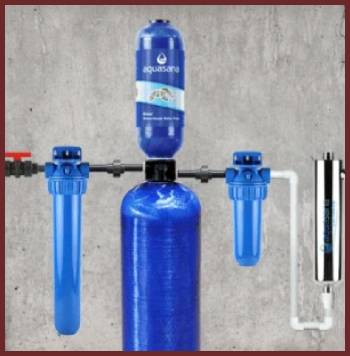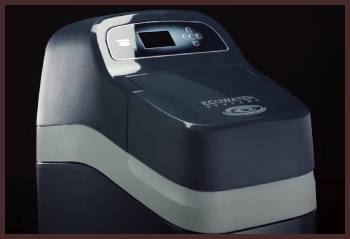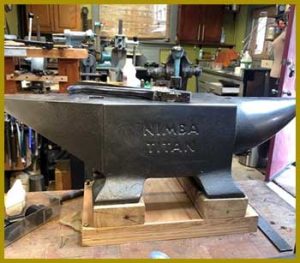Water, the source of life, is an essential component of our daily existence. We use it to hydrate, cook, and clean. But not all water is created equal. This is where water softeners and filters like Aquasana and Ecowater come into play.
This article aims to unravel the complexities of these two leading water treatment systems.
A Brief Comparison Table
| Aquasana | Ecowater | |
| Filtration Quality | Excellent (Over 97% chlorine removal) | Varies by model |
| Eco-Friendliness | High (Designed for minimal waste, recycling program) | Not specified |
| Installation | DIY possible, guides provided | Typically professional installation |
| Filter Lifespan | Shorter, frequent replacement | Depends on the model, typically longer |
| Water Softening | Not primary focus, reduces scale | Wide range of softeners available |
| Cost | Moderate, depends on the model | Potentially high, depends on the model |
| Availability | Available online and in stores | Primarily sold through authorized dealers |
| Product Lifespan | Varies by model | Typically 10-15 years |
| Tech Features | Simple interfaces | Advanced digital controls, some models |
This table gives an overview of the differences between the two brands, but keep in mind that specifics can vary depending on the individual model you’re looking at.
Understanding Aquasana

Aquasana’s philosophy is grounded in the belief that clean, healthy water is a fundamental right. They’ve created a range of water filtration products designed to provide not just safe but also delicious water.
Pros of Aquasana
- High-Performance Filtration
Aquasana’s standout feature is its high-performance filtration technology, which removes over 97% of chlorine, as well as other harmful contaminants like lead, mercury, and organic chemicals.
- Environment-Friendly
Aquasana’s commitment to sustainability is noteworthy. Their filters are designed to minimize plastic waste, plus they offer a program for recycling used filters.
- Ease of Installation
Aquasana systems are generally easy to install, with detailed manuals and instructional videos provided.
Cons of Aquasana
- Frequent Filter Replacement
While Aquasana filters do an exceptional job, they need to be replaced more frequently than many other brands.
- May Not Soften Hard Water
Aquasana specializes in filtration, not softening. While their systems can help reduce scale, they might not be the best choice for very hard water.
Also Read: About HydraFlex Waterproofing
Unpacking Ecowater

Ecowater, on the other hand, is a veteran in the water treatment industry. They offer a comprehensive suite of products, from softeners and filters to specialty treatment systems.
Pros of Ecowater
- Versatile Range
Ecowater offers a broad range of water treatment solutions, including softeners, filters, and even specialized systems for problem water.
- Advanced Technology
Ecowater systems use cutting-edge technology for efficient water softening and filtration, often with digital interfaces for ease of control.
- Long-lasting Systems
Ecowater products are built to last, with many systems having a lifespan of 10-15 years.
Cons of Ecowater
- Potentially High Cost
Ecowater systems can be quite expensive, and they may also incur additional professional installation costs.
- Limited Availability
Ecowater products are generally sold through authorized dealers, which could limit their availability in some areas.
Also Read: About Pros And Cons Of Evolve Water Softener
Aquasana and Ecowater: A Tale of Two Systems
Both Aquasana and Ecowater bring unique strengths to the table. Aquasana excels in high-quality filtration, perfect for individuals concerned about contaminants in their water. Ecowater, with its comprehensive range, is an excellent choice for those dealing with hard water or other specific water issues.
Frequently Asked Questions (FAQs)
The best water softener depends on your specific needs. If you’re dealing with particularly hard water, Ecowater’s wide range of water softeners may be a better choice. If you’re more concerned about contaminants, Aquasana’s filtration might be more suited to your needs.
The cost of Ecowater systems can vary widely, from a few hundred dollars for basic units to several thousand for advanced, comprehensive systems.
Yes, some Aquasana filters are designed to remove bacteria like E. coli, but not all of them. Always check the specifications of the particular model you’re interested in.
Choosing the best water filter machine for your home depends on your water quality and specific needs. Aquasana offers excellent filtration systems that remove a wide range of contaminants. Ecowater also provides comprehensive filtration solutions, particularly for homes with hard or problem water.
Yes, some water softeners are more effective or efficient than others. Factors such as the technology used, the system’s capacity, and the quality of the components can all affect a softener’s performance. Both Aquasana and Ecowater are recognized for their high-quality, effective softeners.
There can be differences in purity, form, and added ingredients between different brands of water softener salt. High purity salts tend to leave less residue in your softener, which means less cleaning and maintenance.
Conclusion
While Aquasana and Ecowater offer different features, their common goal is to provide clean, safe water for your home. Your choice between the two will ultimately depend on your specific water needs, budget, and preference for ease of installation versus technological sophistication. Both companies are respected industry leaders, so no matter which you choose, you’re investing in better water quality for your home.
In this tale of two systems, the key is not to identify a universal winner but to understand that the ‘best’ choice depends on individual needs and circumstances. Whether you lean towards Aquasana’s eco-friendly, high-performance filters or Ecowater’s advanced, long-lasting systems, your decision will lead to cleaner, safer, and better-tasting water. And that’s a win for everyone involved.



